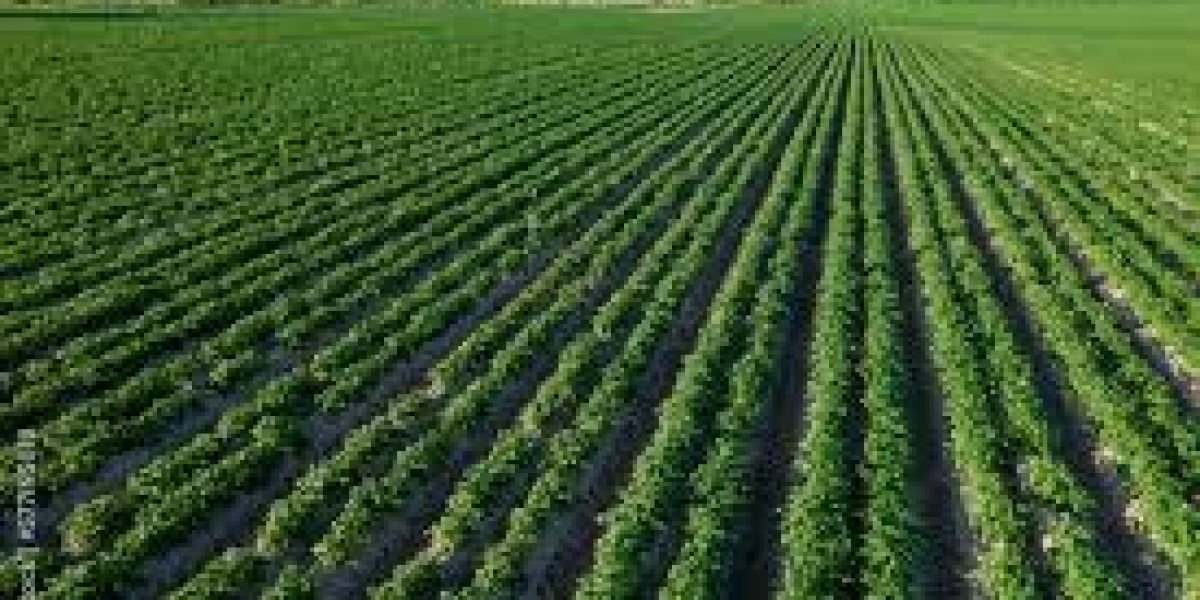Economies of Scale: Commercial farming often involves large-scale production, which allows for reduced costs per unit of output. Larger operations can benefit from bulk purchasing of inputs (seeds, fertilizers, machinery), reducing the overall cost of production.
Increased Productivity: Commercial farming typically uses advanced farming techniques, machinery, and technologies that increase productivity. These methods can lead to higher yields and more efficient use of resources compared to traditional farming.
Profit Potential: With the ability to produce on a larger scale and the use of modern technology, commercial farming can be highly profitable. This allows farmers to meet the demands of the global market and increase their financial return.
Access to Markets: Commercial farmers often have better access to national and international markets. They can produce goods in large quantities that meet market demands, which gives them a competitive edge in selling their products.
Use of Technology: Commercial farming utilizes modern technology such as automated irrigation systems, drones for monitoring crops, and advanced machinery for planting and harvesting. This technology reduces labor costs, minimizes human error, and ensures that crops are grown under optimal conditions.
Employment Opportunities: Large commercial farming operations create jobs in various sectors, from planting and harvesting to logistics and administration. This can help provide stable employment opportunities in rural areas.
Increased Sustainability: While not always guaranteed, commercial farming, especially when using sustainable practices, can implement crop rotation, better water management, and soil conservation, which may result in more sustainable farming practices.
Capital Investment and Infrastructure: Commercial farms often attract investment, enabling the purchase of state-of-the-art equipment and infrastructure, such as storage facilities and transportation networks. This infrastructure can increase the farm’s efficiency and reduce waste.
However, it’s important to note that there are also criticisms and concerns related to commercial farming, including environmental impact (e.g., monoculture, pesticide use, and water consumption), social implications (such as labor conditions), and the displacement of smaller-scale farmers. Choosing commercial farming over other methods should take these factors into account, along with the specific context and goals of the farming operation.



